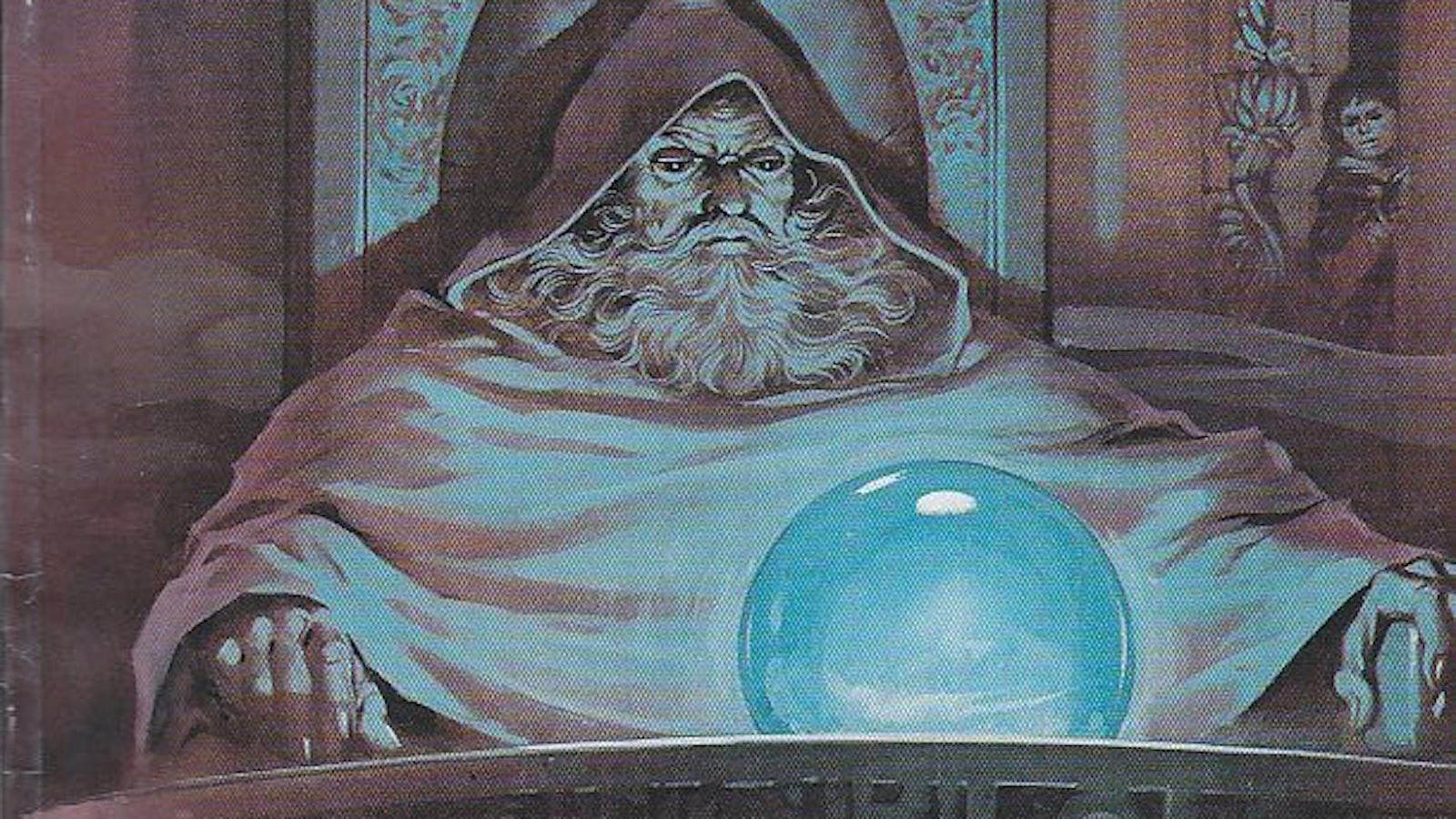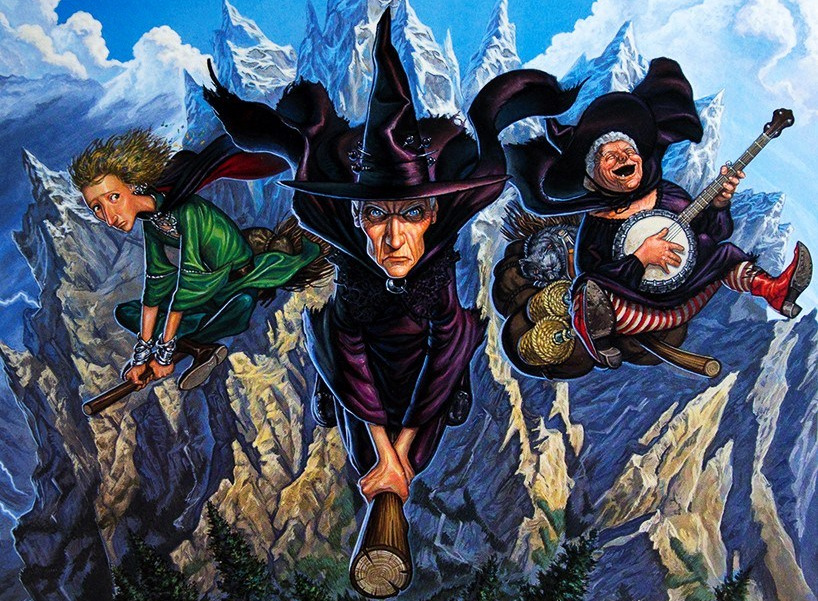1. Don't Do Sex Tricks.
Lots of people I know, but especially women, have told me the worst sex they've ever had is with people who think they're amazing at sex - believe that they've found the one perfect oral technique or thrusting move that sends people to paradise every time. Usually this confidence results in the person ignoring both nonverbal and verbal signals that their partner isn't digging it and that they should try something else.So the idea of a sex trick, like the fictional Tongue Tornado in American Pie, is mostly a lie. Years ago I was subscribed to this David Shade newsletter that practically every day tried to sell me an e-book that showed a particular spot in the vagina that will bring anyone to ecstasy when stroked in his patented way, only $22.99! Now that I've had experience with multiple people - and what is this writing but a chance to say that - I know that this is ridiculous. Especially vaginas and vulvas vary so so much: some people can't stand to have their clitorises touched directly at all, some want it pounded like a jackhammer; some love g spot stimulation, some don't at all; some want a very sensual warmup, some really need fucked up mental stimulation instead. It's easy to know intellectually that people are different, but takes a little experience, and openness to feedback, to get just how much.
Of course the same applies to penises too: the first time I was with a trans woman who was into penile stimulation, I was like "I got this, I've done this every day of my life!!" I ended up going too hard with a handjob and actually leaving her sore, even into the next day. Oops! (I've also been on the receiving end of that kind of overconfidence in "moves", though it's much rarer because of demographics.)
This is not a newsflash, but the only answers are to talk through it and go a little bit cautiously at first. I read a metaphor of it being like you're in the middle of a swamp, and you are testing in every direction for firm ground at each step to find your path out. But if you came back to the same spot, you could proceed much more quickly remembering the path, and then even more so the next time. This is one reason why sex can get way better, definitely more reliable, in a long term relationship. It doesn't hurt to build up a little repertoire of things to try, but be prepared to throw any technique out with a partner the instant you're not getting a positive response. Everyone has to be learned.
Orgasms need a special note here, because people have such different relationships with them: some know exactly what they need and want it every time, some have found it frustrating and elusive and have had shitty experiences with partners making a big deal out of trying for it. Some are one and done (and might need you to stop the stimulation instantly), some are just getting started at the count of 22. I like to find ways to ask about this, and to never assume it's the main goal of the encounter.
This first point out of the way, don't worry, this isn't the whole essay! I promise most of the rest are more like real sex tricks, not just shit like "you should communicate", that I have picked up here and there and gotten a lot of mileage out of!
2. Learn from Scratching a Cat
I forget where I read this, but it was a good one. To scratch a cat just right, often the best approach is to give them your curled fingers and fingernails behind their ear, and let them push against it, just keeping the pressure constant. Sometimes they absolutely go to town on it, if you don't let the pressure slack. This works just as well with vulvas and vaginas, and I really enjoy having people hump my hand. Also lots of people really enjoy being able to adjust the exact pressure, angle and rhythm of a curled finger on their G spot. Fun in itself, and then you can also remember that to do it to them later.3. Consider Show-and-Tell Sex
Especially for people who have vulvas and for whom orgasms are important, I feel like this is an underrated and underdiscussed form of sex: one person (or both!) brings over their favourite toys, and at some point in the evening either shows off their masturbation style, with whatever kind of sexy encouragement or assistance, or shows the other person exactly how they like the toys used on them. Some people might experience this as not "primal", or passionate, enough for them, but it doesn't have to be detached, it can be warm, fun, and hot, and if genital pleasure is a goal it's hard to beat. Maybe I'm biased by my fascination with people's masturbation styles, but I would even argue for this being a default form of sex, especially early on.4. When Your Partner Starts Gripping Onto You or the Bed And Saying "OH GOD" Keep Doing Exactly What You're Doing, Same Pressure, Same Speed, Same Pattern, Until They Come Or Your Muscles Literally Fail
5. Oceans of Lube
Almost all sex is improved by lube, huge, generous amounts of it. Research water-based, silicone and oil-based lubes, and whatever works best with your partners, buy a huge bottle of it (and try to store it in a way that it won't spill everywhere). Even if people get really wet, lube can make it feel even better.
6. Always Be Ready to Pivot
I think a big part of good sex is not having a fixed script in mind that you need to follow, and especially that your partner feels the pressure of. In that way I've benefitted hugely from exposure to (and participation in) queer and kinky sex. Things don't have to happen in a certain order, things don't have to conclude in a certain way. But especially if something is not working, making it so clear that you will cheerfully pivot to something else, including a cozy night watching Taskmaster with hot chocolate (a genuine sex skill is managing disappointed feelings, not putting them on the other person). Nothing dries up sexiness like the feeling of pressure that something needs to happen or it will be a Problem with the other person. And if you don't enjoy hanging out with someone without sex, even once, maybe you shouldn't be sleeping with them?
I definitely have a few more tricks up my sleeve (not to mention the ones that involve hypnotizing people first), but these are a few that I wanted to share!

































